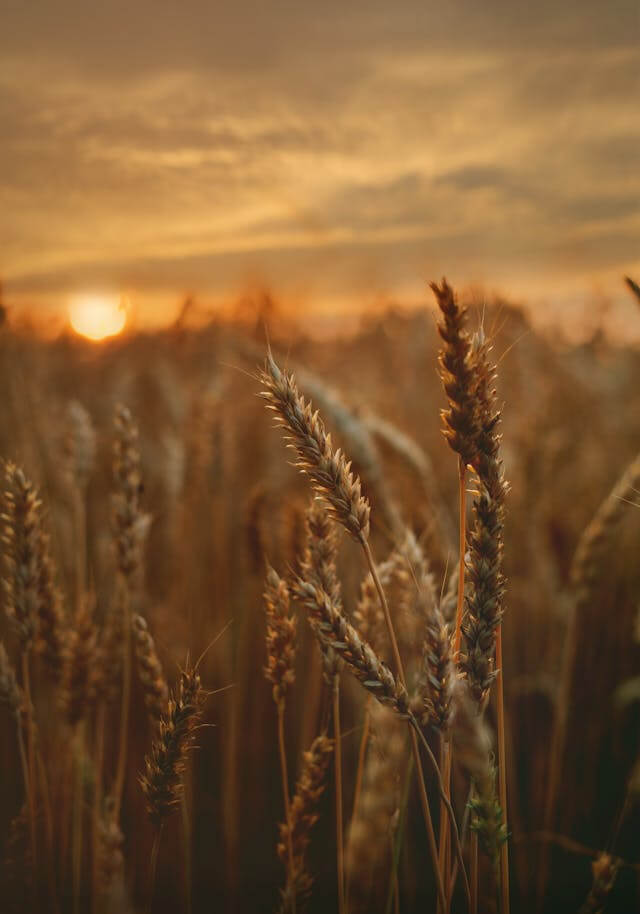The prohibition of “Chadash” is a term in the Torah and the principles of kashrut that refers to the prohibition of eating new grain, meaning grain that was grown in the new year, before Passover. This prohibition applies to the five species of grain: wheat, barley, oats, buckwheat, and rye.
According to Jewish law, new grain is forbidden to eat until the offering of the “Omer” (the barley offering) in the Holy Temple, which is a sacrifice made from the new grain after Passover. Once the offering was brought, only then was it permitted to eat the new grain.
The meaning of this prohibition is that one cannot eat the grain harvested in the new year until the prohibition is waived through the offering. Today, since we do not have the Holy Temple, this prohibition still applies, and it holds significance before Passover with regard to the sale and consumption of new grains.
Nachman Harris. Kosher Expert.
Available for any of your questions






